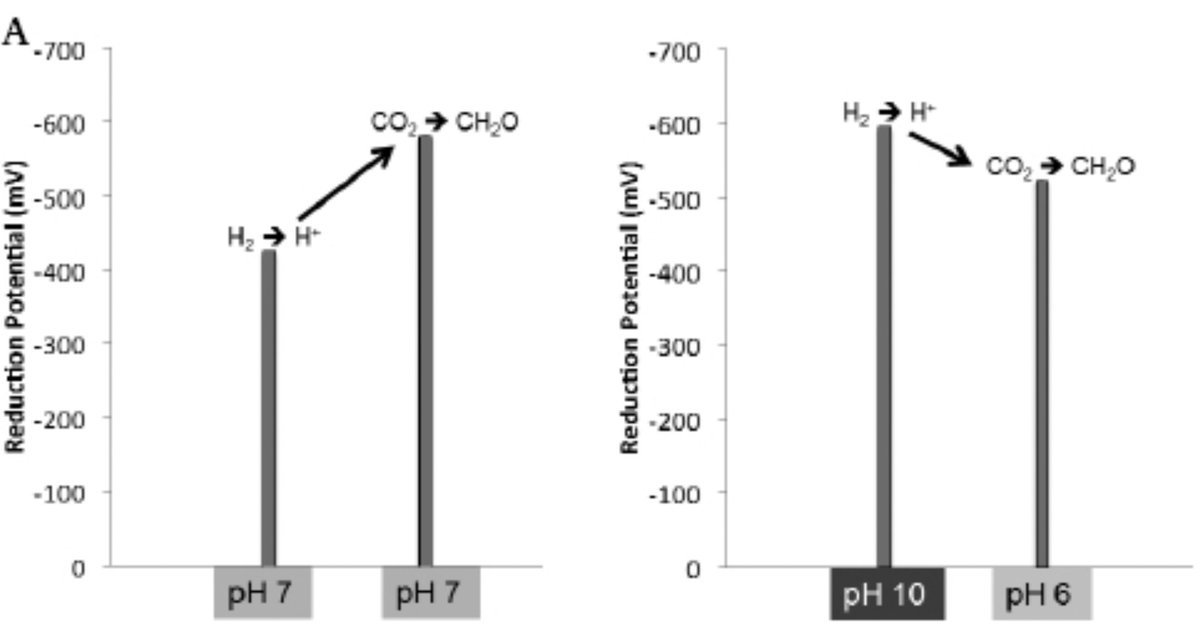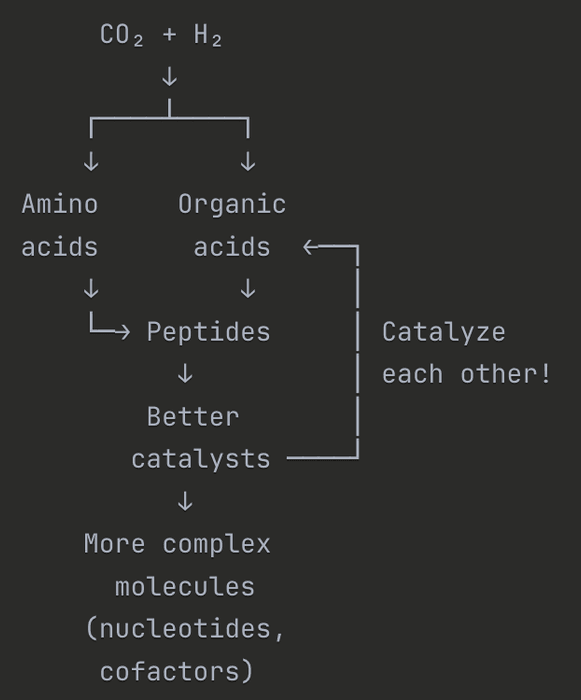Sublime
An inspiration engine for ideas
THE founders of atomism were two, Leucippus and Democritus.
Bertrand Russell • History of Western Philosophy
The fundamental ideas of the common philosophy of Leucippus and Democritus were due to the former, but as regards the working out it is hardly possible to disentangle them, nor is it, for our purposes, important to make the attempt. Leucippus, if not Democritus, was led to atomism in the attempt to mediate between monism and pluralism, as
... See moreBertrand Russell • History of Western Philosophy
Aristoteles evrendeki maddelerin hepsinin 4 temel elementten oluştuğuna inanırdı: Toprak, hava, ateş ve su. Bu elementleri de iki kuvvet etkiliyordu: Ağırlık toprağın ve suyun batma eğilimi, hafiflikse havanın ve ateşin yükselme eğilimiydi. Evrenin içeriğinin madde ve kuvvetler olarak ikiye ayrılması günümüzde de yaygınlığını koruyor.
Aristoteles
Democritus was a thorough-going materialist; for him, as we have seen, the soul was composed of atoms, and thought was a physical process.
Bertrand Russell • History of Western Philosophy
A Chemical Progression
CHAPTER IX The Atomists
Bertrand Russell • History of Western Philosophy





It was common in antiquity to reproach the atomists with attributing everything to chance. They were, on the contrary, strict determinists, who believed that everything happens in accordance with natural laws. Democritus explicitly denied that anything can happen by chance.VI Leucippus, though his existence is questioned, is known to have said one
... See more